Insulated vs. Down Jackets: What’s the Best Option for Men’s Winter Outerwear?
When winter weather hits, a good jacket becomes essential for keeping warm, dry, and comfortable. But with so many types of outerwear on the market, it can be difficult to know which is best for your needs. Two of the most common options for winter jackets are insulated and down jackets, both of which provide warmth, but in different ways. Understanding the differences between these two types of jackets can help you choose the best one for your winter wardrobe. Let’s break down the key differences between insulated and down jackets to help you make an informed decision.
Looking to Try Something Different?
check out our
Edwin Vonholy Bomber Jacket
- Warm, Durable, and Stylish
- At just $158
Price - $158
Choose Your Size To Proceed To Checkout
What Is an Insulated Jacket?
An insulated jacket typically uses materials like synthetic fibers to trap heat and keep you warm. These jackets are designed to provide warmth without the heavy weight, and they often come in a variety of designs suitable for different winter activities, from casual wear to outdoor pursuits. Insulated jackets can vary widely in terms of insulation type, including polyester fills, proprietary materials like PrimaLoft, and other synthetic fibers.
Key Features of Insulated Jackets:
- Synthetic Insulation: Insulated jackets use materials like polyester or proprietary synthetic fibers, which are engineered to mimic the warmth of down.
- Moisture Resistance: Synthetic insulation retains its insulating properties even when wet, making it a better option in rainy or snowy conditions.
- Durability: Synthetic materials tend to be more durable and resistant to wear and tear, meaning they can last longer with less maintenance.
- Affordability: Insulated jackets tend to be more affordable than down jackets, making them an attractive option for those on a budget.
- Breathability: While synthetic insulation can be less breathable than down, many insulated jackets are designed with ventilation systems to enhance airflow.
What Is a Down Jacket?
A down jacket uses the soft, fluffy feathers found beneath the tougher exterior feathers of ducks or geese to provide warmth. Down is an incredibly lightweight and efficient insulator, meaning that jackets filled with down can provide significant warmth without much bulk. This makes down jackets a popular choice for both outdoor enthusiasts and those looking for stylish winter outerwear.
Key Features of Down Jackets:
- Natural Insulation: Down is considered one of the best natural insulators, known for its warmth-to-weight ratio. A small amount of down can trap a large amount of heat.
- Lightweight and Compressible: Down jackets are typically lighter and more compressible than insulated jackets, making them ideal for those who need a jacket that packs down easily for travel or outdoor activities.
- Superior Warmth: Down provides a high level of warmth, especially in extreme cold, with minimal weight. This makes it a great choice for cold-weather adventures or harsh winter conditions.
- Breathability: Down jackets tend to be more breathable than insulated jackets, allowing sweat and moisture to escape from the body. This is especially beneficial for active outdoor pursuits like skiing or hiking.
- Less Moisture Resistance: One major drawback of down jackets is that they lose their insulating properties when wet. If down gets soaked, it becomes heavy, uncomfortable, and less effective at trapping warmth.
Which Is Better for You: Insulated or Down Jackets?
The choice between an insulated or down jacket comes down to your specific needs and the conditions you’ll be facing. Let’s take a closer look at which jacket is best suited to different situations:
1. If You’ll Be in Wet Conditions:
If you’re facing wet conditions, like rain or heavy snow, an insulated jacket is likely the better option. Synthetic insulation retains its warmth even when wet, meaning you’ll stay warm even if your jacket gets a little damp. Down jackets, on the other hand, tend to lose their insulating properties when exposed to moisture, making them less reliable in these conditions.
2. If You Need Maximum Warmth for Extreme Cold:
For extreme cold weather, down jackets are often the best choice. Due to their high warmth-to-weight ratio, down jackets can keep you warmer with less bulk. They are especially beneficial for long periods of exposure to cold temperatures, such as hiking or skiing in frigid environments. If you’re looking for a jacket that will provide warmth without feeling heavy, down is hard to beat.
3. If You’re on a Budget:
If cost is a concern, insulated jackets tend to be more affordable than down jackets. While down jackets provide exceptional warmth, they often come with a higher price tag due to the cost of the down feathers. Insulated jackets are usually more budget-friendly while still offering reliable warmth, making them a great option for those who want quality winter outerwear without breaking the bank.
4. If You’re Looking for Durability:
For those who are looking for a jacket that will hold up well over time, insulated jackets have the edge. Synthetic insulation is generally more durable and resistant to wear, making it a good option if you need a jacket for active outdoor activities like hiking or winter sports. Down, on the other hand, can break down over time, especially with heavy use, and may require extra care to maintain its loft.
5. If You Plan to Travel or Need Compact Storage:
If you’re looking for a jacket that’s easy to pack for travel or outdoor adventures, a down jacket is usually the better option. Down is incredibly compressible, meaning you can easily stuff it into a small bag or pack when not in use. It’s lightweight, which makes it a great choice for those who need to travel light. While insulated jackets can also be packable, they typically don’t compress as small as down jackets.
6. If You’re Active and Need Breathability:
For those who plan to be active in their jacket, such as hiking, skiing, or snowboarding, down jackets tend to offer better breathability. Down naturally allows moisture to escape, which is essential when you’re exerting yourself in cold weather. Insulated jackets can also be breathable, but they tend to trap moisture more than down, especially in warmer temperatures or during high activity.
Conclusion: Insulated vs. Down Jackets – The Final Verdict
When it comes to choosing the best winter jacket for you, both insulated and down jackets offer unique benefits. Here’s a quick summary to help you decide:
- Go for a down jacket if you need maximum warmth, lightweight performance, and packability, and you’ll be in dry conditions or aren’t worried about moisture exposure.
- Go for an insulated jacket if you want a more affordable, durable, moisture-resistant option, or if you expect to be in wet conditions frequently.
Ultimately, your choice will depend on your specific needs—whether that’s warmth, weight, moisture resistance, or price. No matter which option you choose, both insulated and down jackets are excellent investments for staying warm and comfortable during the winter months.
-
 Satin Designer Bomber Jacket$448
Satin Designer Bomber Jacket$448 -
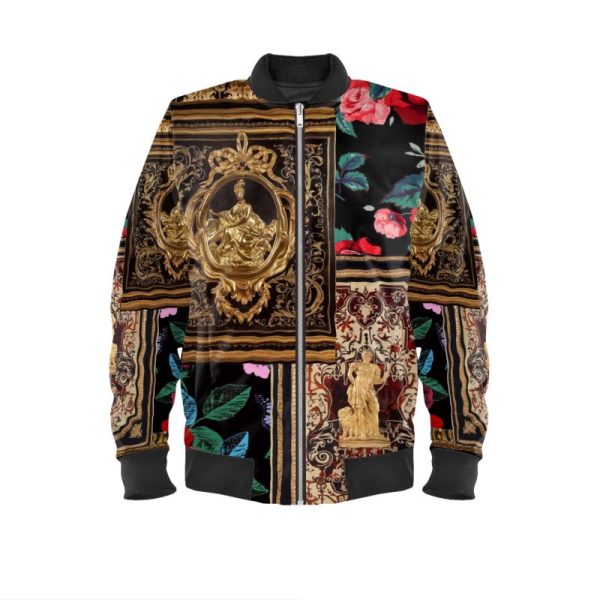 Satin Designer Bomber Jacket$448
Satin Designer Bomber Jacket$448 -
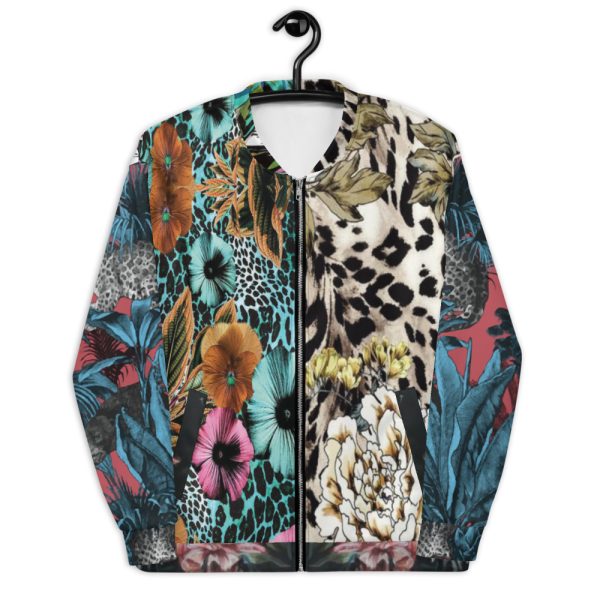 Bomber Jacket | Designer Luxury For Women & Men | Navy Blue Floral Red Turquoise$158
Bomber Jacket | Designer Luxury For Women & Men | Navy Blue Floral Red Turquoise$158 -
 Bomber Jacket | Designer Luxury For Women & Men | White Gold$158
Bomber Jacket | Designer Luxury For Women & Men | White Gold$158 -
 Bomber Jacket | Designer Luxury For Women & Men | Floral White Black$158
Bomber Jacket | Designer Luxury For Women & Men | Floral White Black$158 -
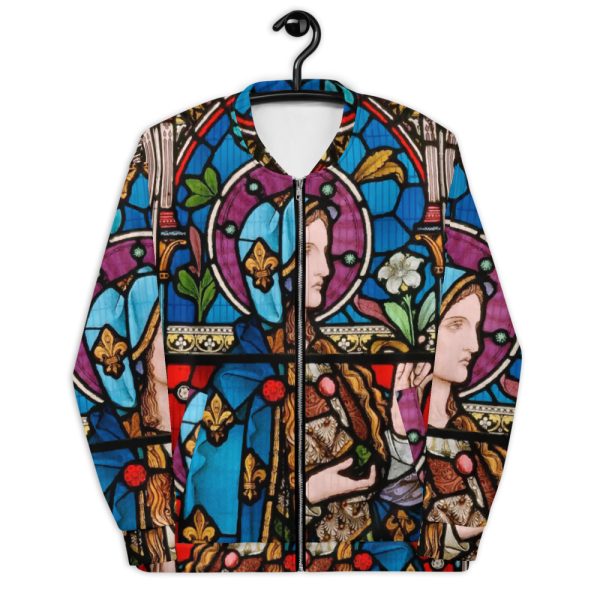 Bomber Jacket | Designer Luxury For Women & Men | Blue Purple Gold$158
Bomber Jacket | Designer Luxury For Women & Men | Blue Purple Gold$158 -
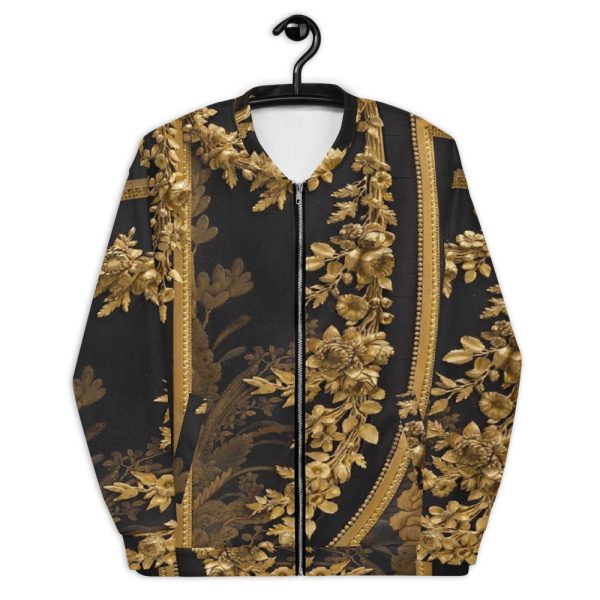 Bomber Jacket | Designer Luxury For Men & Women | Black Gold Baroque$158
Bomber Jacket | Designer Luxury For Men & Women | Black Gold Baroque$158 -
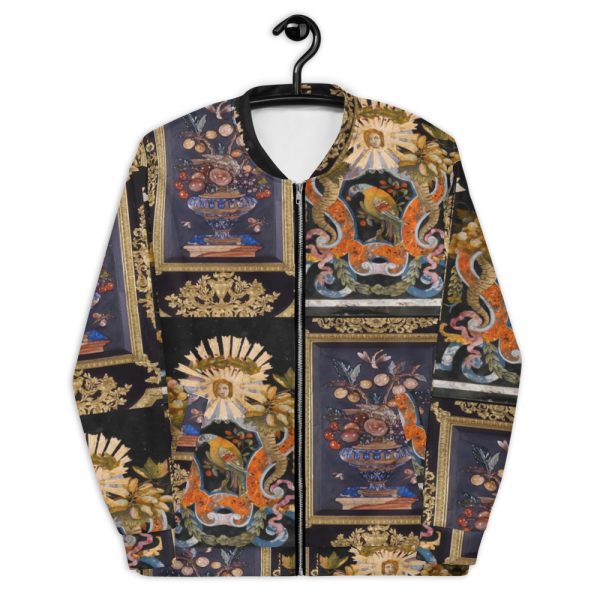 Bomber Jacket | Designer Luxury For Women & Men | Black Gold$158
Bomber Jacket | Designer Luxury For Women & Men | Black Gold$158 -
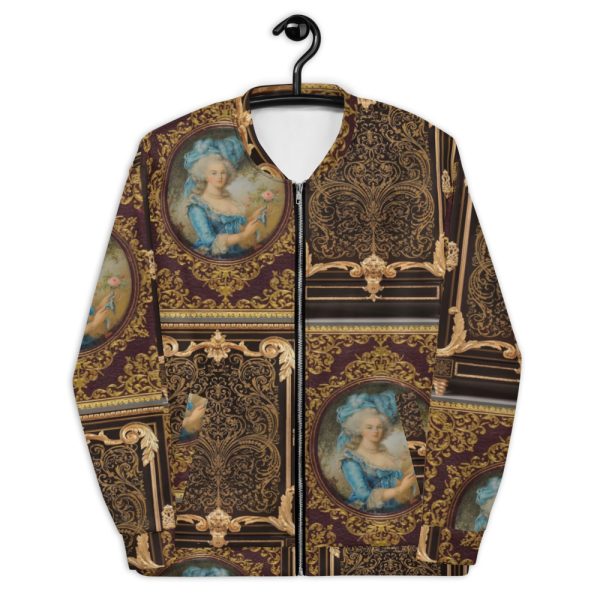 Bomber Jacket | Designer Luxury For Women & Men | Gold$158
Bomber Jacket | Designer Luxury For Women & Men | Gold$158













